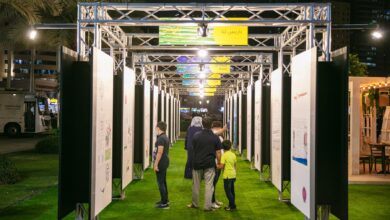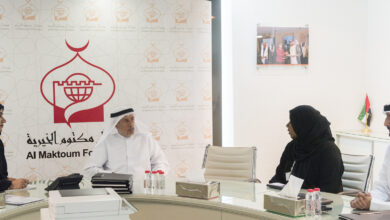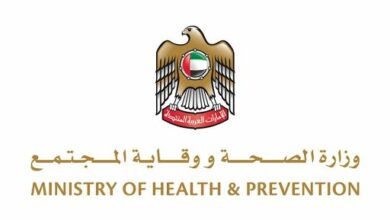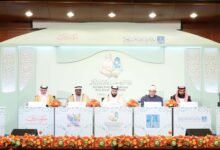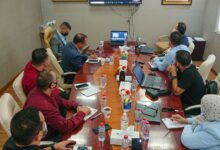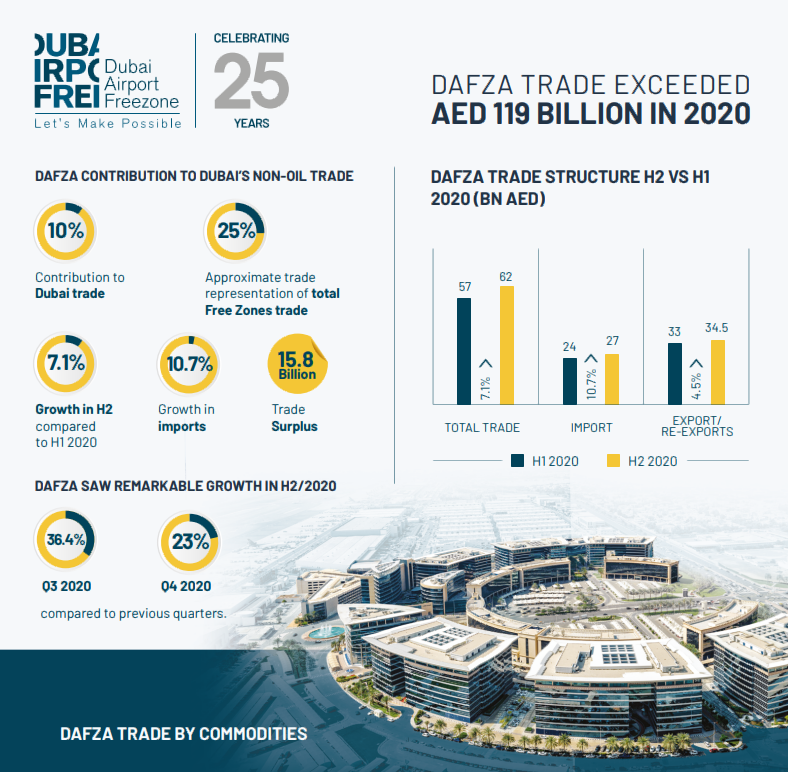
DAFZA’s non-oil foreign trade exceeds AED119 billion in 2020
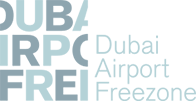
DAFZA contributed 10% to Dubai’s non-oil foreign trade in 2020
The free zone represented 25% of the total free zones trade in Dubai
DAFZA achieved a trade surplus of AED15.8 billion
The free zone provides an integrated ecosystem that ensures continuity of global trade despite economic conditions and fluctuations
E. Mohammed Al Zarooni: The results confirm Dubai’s pivotal role in sustaining regional and global economic activity
Dubai, United Arab Emirates,
Sallam Sallam
Dubai Airport Freezone Authority (DAFZA) has announced that its foreign non-oil trade reached more than AED119 billion in 2020. The free zone contributed 10% to Dubai’s non-oil foreign trade and 25% to the total trade in free zones in the emirate of Dubai. This affirms the free zone’s capability in overcoming the challenges and consequences of the pandemic. The results demonstrate DAFZA’s integrated ecosystem that ensures continuity of global trade despite various economic conditions and fluctuations.
DAFZA’s trade witnessed exceptional growth compared to the same period last year during the third and fourth quarters in 2020 by 36.4% and 23%, respectively. The free zone also achieved a trade surplus of AED15.8 billion, which accounted for AED 8.5 billion in the first half and AED 7.4 billion in the second half of the year.
In H2 2020, DAFZA witnessed growth in total trade by 7.1% compared to the first half of the year. This is due to the increase in imports of all types of goods by 10.7% and exports by 7%, and re-exports by 4.5%.
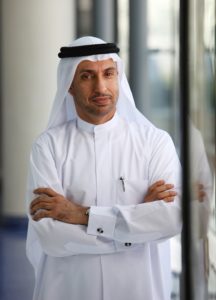
His Excellency Dr. Mohammed Al Zarooni, Director General of DAFZA, said: “Under the directions of His Highness Sheikh Mohammed bin Rashid Al Maktoum, Vice President and Prime Minister of the UAE, and ruler of Dubai, several economic stimulus packages and strategic initiatives have been implemented. These ongoing activities aim to support the economic landscape and business operations within the emirate. Other strategies aimed at enhancing logistical operations and ensuring smooth trade processes have allowed the emirate to continue on its path to recovery following the implications brought on by the pandemic.
“The continuous accomplishments reflect Dubai’s role in sustaining economic activities and enhancing trade on a regional and global scale in the face of crises and unprecedented events. DAFZA consistently contributes to the enhancement and continuity of trade activities. The free zone will continue to provide the necessary capabilities to allow the emirate’s economic landscape to flourish and further expand its reach within crucial industries and regions,” Al Zarooni added.
In terms of goods – machinery and electrical equipment ranked first for DAFZA’s trade in 2020, making up 76.7% and a value of AED 51.7 billion for exports and re-exports, and 74.8% and a value of AED 38.6 billion for imports. Pearls, semi-precious stones and metals followed this with 16.2% and a value of AED 10.9 billion for exports and re-exports, and 17.7% and a value of AED 9.1 billion for imports. Both sectors represent 93% of DAFZA’s total trade.
Asia ranked first in terms of major trading partners with a percentage of 42.6% share in total DAFZA trade, followed by MENA countries with 37.9%, in which the GCC countries accounted for 17.8%. Europe ranked third with a rate of 13.6% in total DAFZA trade. China was DAFZA’s biggest trade partner in 2020, with 27% of a trade valued at AED 32.3 billion, followed by Iraq with 10% at AED11.8 billion. India was third with 7% at AED 8.6 billion. In terms of imports, China ranked first with 62.6%, followed by India with 15.5% and USA with 5%. Iraq ranked first in exports and accounted for 17.5%, followed by Switzerland with 7.5% and Saudi Arabia with 6.2%.
DAFZA had launched a series of economic stimulation packages to support multinational companies and SME’s during the unprecedented economic challenges of the pandemic across all sectors. The incentive packages proved their value in ensuring companies have the flexibility to mitigate the challenges of the pandemic, in line with Dubai’s approach and objectives.
